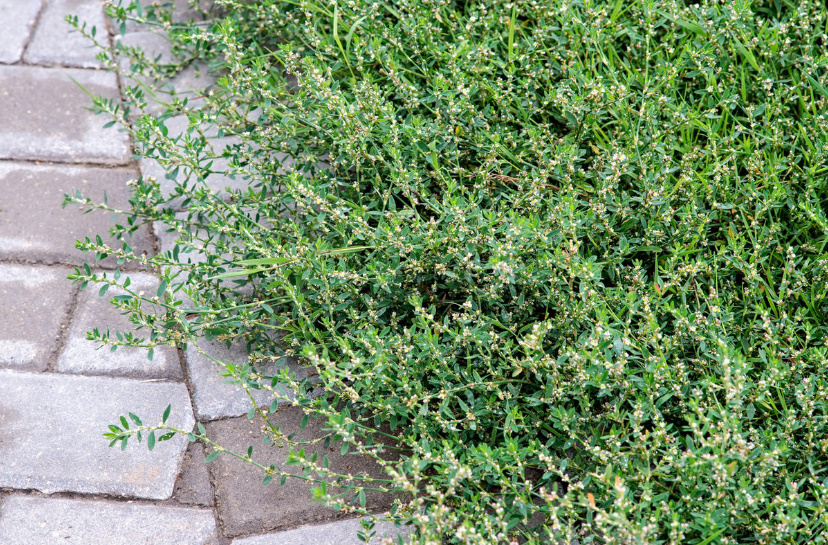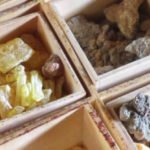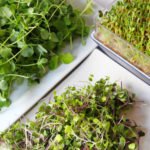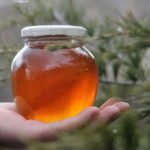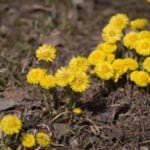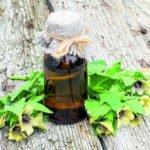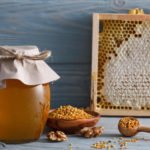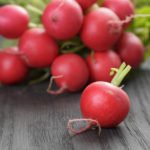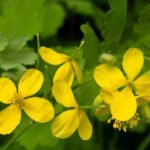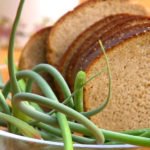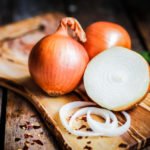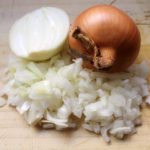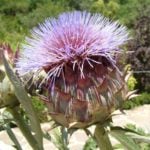Polygonum aviculare is one of the most common and widespread plants. Ordinary so much that we often do not even notice it, especially since it did not come out: long shoots with small leaves and nondescript tiny flowers creep along the ground right under our feet. It lives everywhere, not a rarity and not a curiosity.
Polygonum aviculare seeds are readily pecked by small birds, contributing to the dispersal of the plant. However, despite all this, it may not be easy to find a suitable place to collect medicinal raw materials: Polygonum aviculare tolerates trampling well and often lives where other herbs do not want to grow.
It is most often found on roadsides, trampled paths and pastures, in courtyards near houses, on vacant lots — in short, where it is undesirable to collect medicinal plants. But it makes sense to go on a search, because this inconspicuous herb has great healing power.
What is useful for Polygonum aviculare
Polygonum aviculare is an indispensable assistant for kidney and bladder diseases, it has a pronounced diuretic and anti—inflammatory effect. Folk medicine uses its infusions and decoctions for chronic cystitis and urolithiasis; it is believed that this remedy helps to “crush” kidney stones and bladder, and then remove it with urine in the form of sand.
Polygonum aviculare preparations have a similar effect on stones in the liver and gallbladder. But be careful! If you have such problems, you should not self—medicate and rely only on folk remedies – consult a specialist to avoid complications.
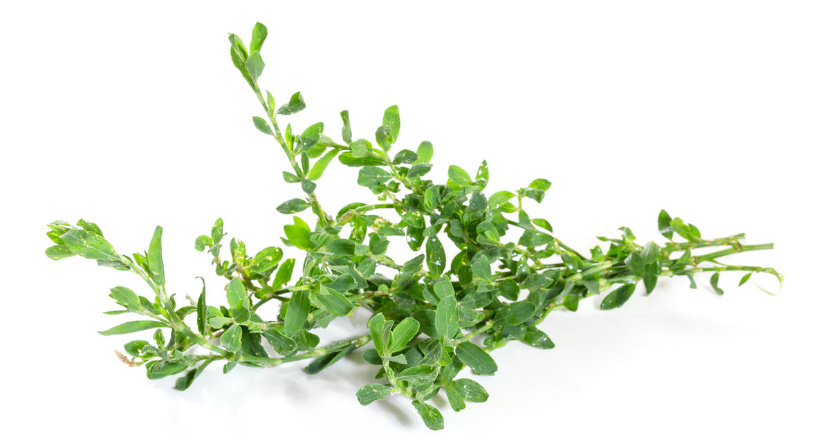
Polygonum aviculare is also known for its strong hemostatic effect, the ability to increase blood clotting and increase the tone of smooth muscles. It owes these properties to the glycoside avicularin contained in the knotweed grass; it is used for postpartum uterine bleeding.
The astringent and anti-inflammatory effect of Polygonum aviculare allows its preparations to be used in diseases of the stomach and intestines. Externally, a decoction, fresh juice and powder from dried grass are used for boils, acne, dermatitis, other skin diseases, poorly healing wounds, ulcers, burns.
Finally, traditional medicine considers Polygonum aviculare to be an effective medicine for lung diseases, including tuberculosis; a good tonic and tonic.
Polygonum aviculare grass is harvested during flowering by cutting off the tops of the stems with scissors (the stems are quite strong). After drying, it can be stored for 3 years.
When it is impossible to use Polygonum aviculare
Any Polygonum aviculare preparations are contraindicated during pregnancy. Its ability to increase blood clotting can harm with thrombophlebitis, a tendency to form blood clots. It is also not recommended to take drugs from this plant for angina pectoris.
